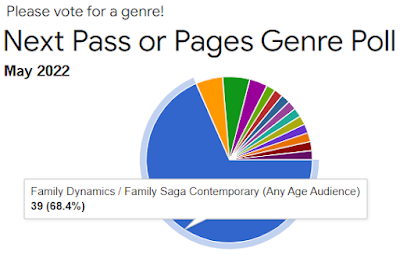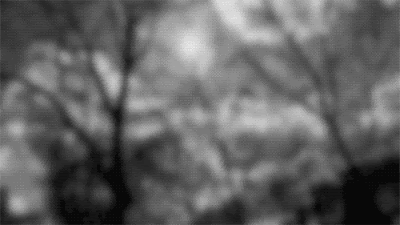Dear O'Abby,
I've read in a number of places that if you're going to write something, be it science fiction, romance or YA fantasy, you should read in this genre too.
I'm just finishing a YA contemporary novel, but I don't really read YA contemporary. I read mainly thrillers. To be honest, I didn't even think I had written a YA contemporary, but everyone in my writing group tells me that's what it is.
Do you agree, O'Abby, that it's important to read in the genre you write in, or is this just a myth?
Best,
Confused Reader
Dear Confused Reader,
The fact you didn't even realize you've written a YA contemporary is all the more the reason why you definitely need to read in the genre you write. Not exclusively, of course, but it is definitely important to read new books in your genre so you can keep abreast of any trends. If you're in your 40s now, and haven't read YA since high school, you might be surprised at how much the genre has changed in those intervening years. Things that may only have been hinted at in novels published 30 years ago are no longer taboo and can be writ large across the page.
But you may not have written a YA novel at all. It's very easy to tell a new writer that because the protagonist of their book is a teenager, it's YA. This is not always the case. All YA novels tend to have teenage protagonists, but I can think of several books with teen protagonists that I would not categorize as YA because the themes, voice and subject matter are definitely adult.
Apart from understanding the genre you're writing, there are numerous other reasons to read the genre you write. If you are planning to query agents, reading books similar to your own and digging into the acknowledgements may help you to find agents who represent books like yours. If you're planning to submit to publishers yourself, knowing which imprints and publishers take books like yours will save you time and rejections.
Having good, recent comp titles to the book you've written is important as it can be useful shorthand when trying to describe what it is you're trying to sell. Agents and publishers often ask for comp titles, and it's important that you have recent ones at your finger-tips. Even novels from five years ago might not swing it as comp titles, so you need to read recent books.
If you're planning to self-publish, understanding your audience is even more important. You will need to be able to design (or brief a designer) cover art that is eye-catching and in line with other covers in your genre. You will need to write back-cover copy that will appeal to your audience and draw them in. And most importantly, you will need to know where your audience is and how best to reach them. Without reading with this community, you will find it harder to engage with them in an authentic way.
Hopefully this has been helpful and you will discover some wonder YA contemporary novels to devour. If you need any suggestions, just let me know. I read a LOT of YA contemporary because that's what I write.
X O'Abby
















